South Korean Han Sung Ju, 28, was hoping to find a job with a salary of $36,300 a year but after two years is still unemployed.
Han graduated with a master's degree in English Literature from a prestigious university in Seoul.
She said she applied for about 100 positions, mostly in overseas sales or strategic planning and purchasing management. Han’s initial goal was to find a job with a salary of $36,300 (VND920 million) a year. Rarely do companies, other than large corporations, offer such a salary.
However, the job market has become more challenging due to the economic downturn. Large companies have cut back on hiring and introduced stricter screening criteria.
“Hiring has stalled, especially for experienced positions,” Han said. She is now targeting a salary of $30,000, but has also applied to lower positions.
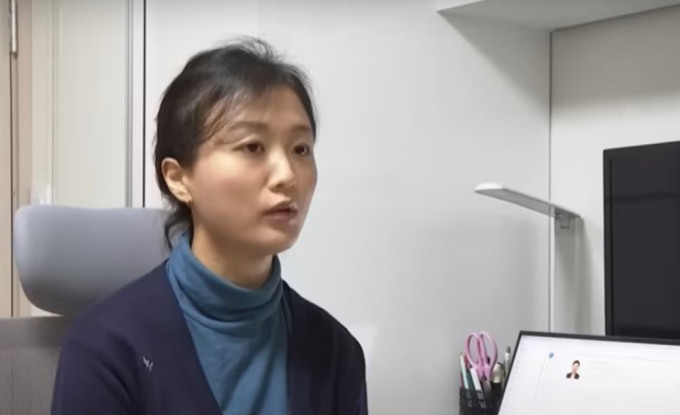
Han Sung Ju is still unemployed two years after graduating with a master's degree. Photo: CNA
Han is one of about 248,000 South Koreans in their 20s who were unemployed as of March, according to the country’s statistics office. Government figures released last August also showed that more than 1.26 million young people were unemployed, half of whom had a bachelor’s degree or higher.
According to another statistic, nearly 4/10 unemployed young people have been unemployed for the past 3 years. On average, it takes a person more than 10 months to find a job after graduating.
One reason is that many young people like Han want to work for big companies to earn more money. The wage gap between small and large companies has nearly doubled in the past few years. This has left small and medium-sized businesses short of workers, even though they account for 80.9 percent of jobs, The Korea Herald reported last year.
Experts say it is necessary to help young workers feel secure, by creating better safety nets and support systems, and encouraging them to seek employment opportunities in small and medium-sized enterprises.
Additionally, many young people believe they are not successful because they lack skills. Han said she struggled with artificial intelligence tests and personality assessments, and as a result, she was often rejected by potential employers.
Many Korean companies also require candidates to achieve high scores on English proficiency tests.
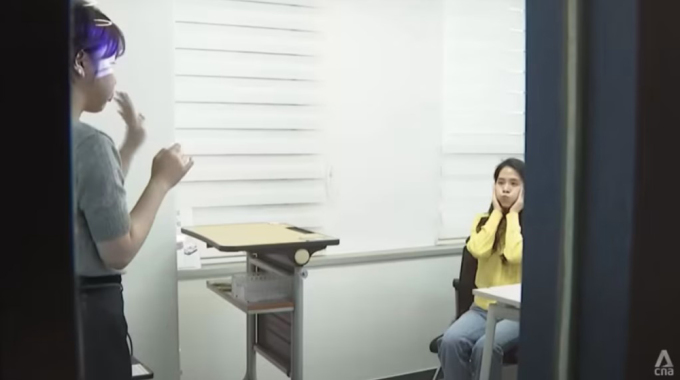
Students at the W Language Training Center in Seoul, South Korea. Photo: CNA
Across South Korea, training centers have sprung up to meet this demand. For example, the W Language Training Center in Seoul has seen an increase in enrollment in its communication skills courses. Its most popular eight-week course costs $475 and teaches interview skills and improves public speaking skills.
Assistant director Cho Hee Youn said their clients include university students, recent graduates and those who have repeatedly failed to find jobs. So far, about 85% of students have found stable jobs.
Kim Doyeon, 29, who is studying at the center, hopes to be one of those lucky ones. Kim used to work in luxury retail. Now she is applying to major airlines, as many young people aspire to do.
"People say the higher your academic performance and language skills, the better," Kim said. "I feel like everything needs to be at the highest level now, which makes it quite difficult to get a job."
Binh Minh ( According to Channel News Asia )
Source link


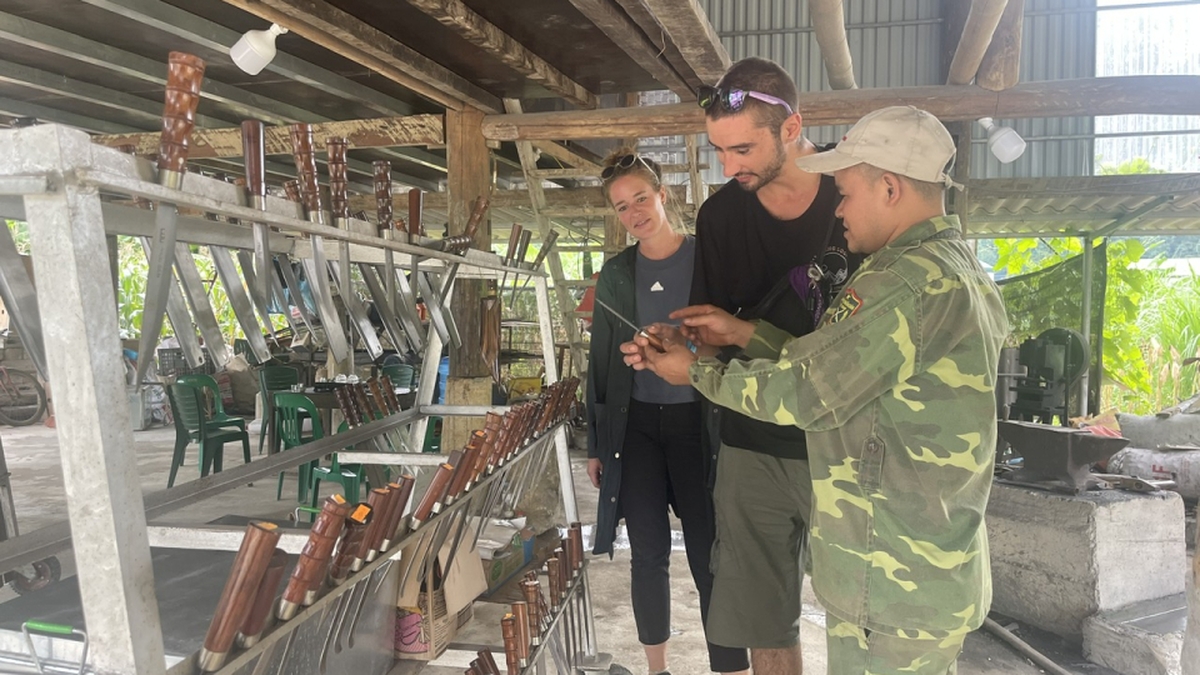
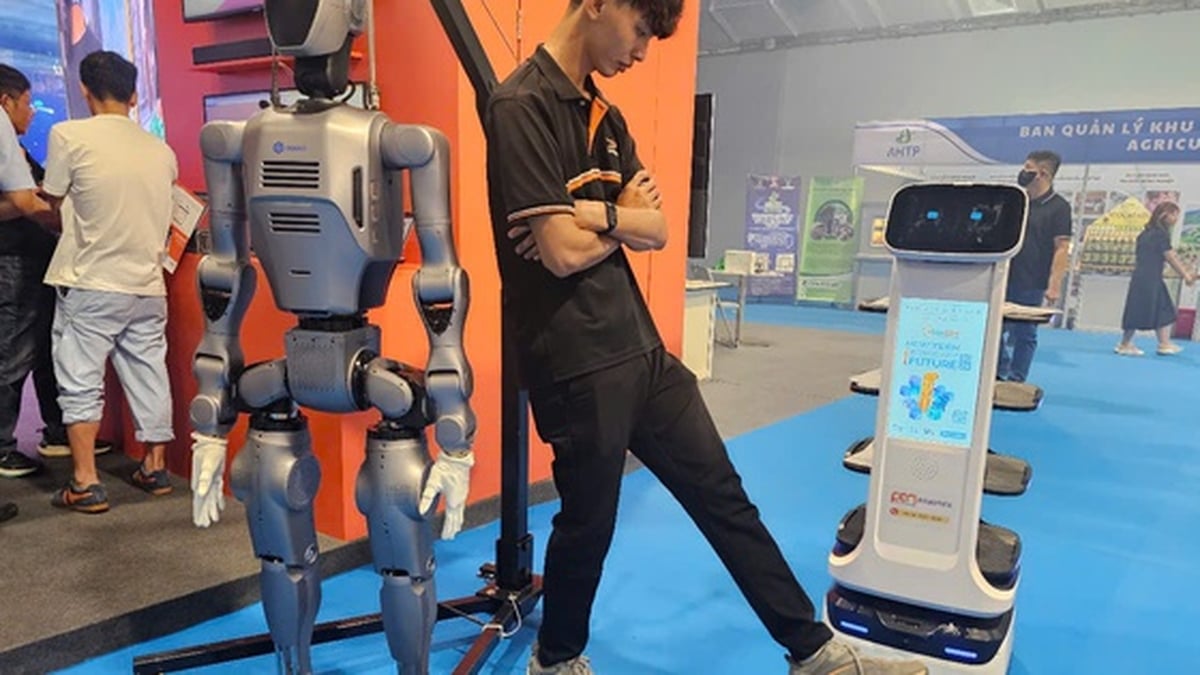
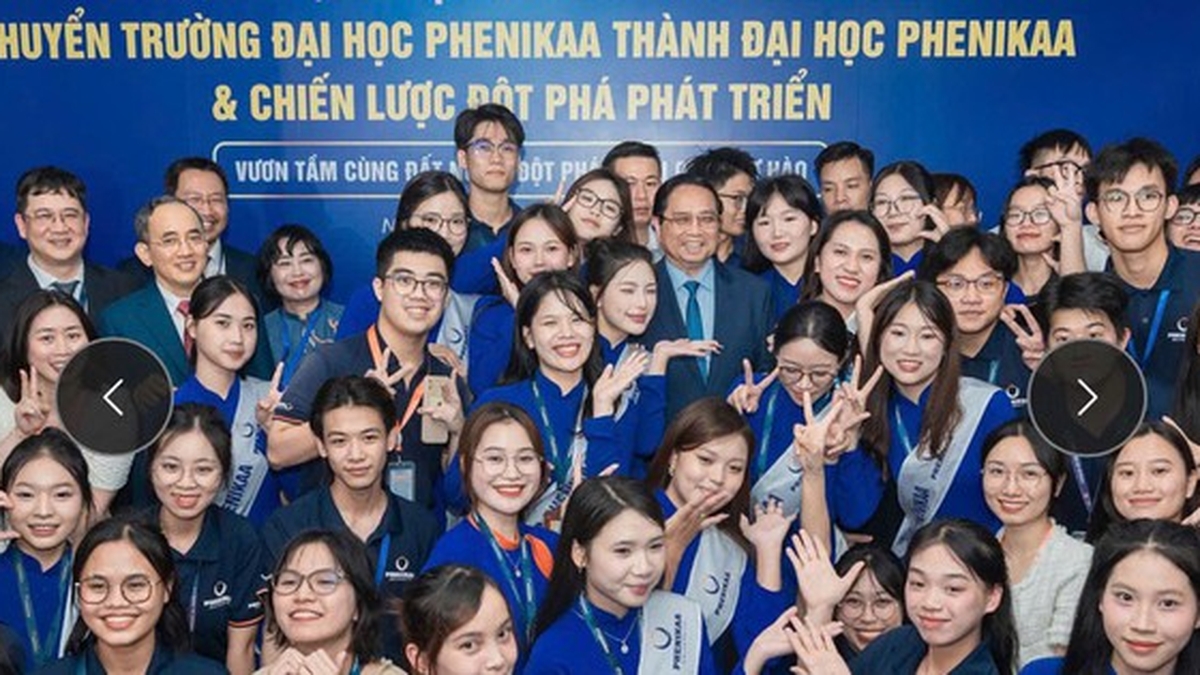

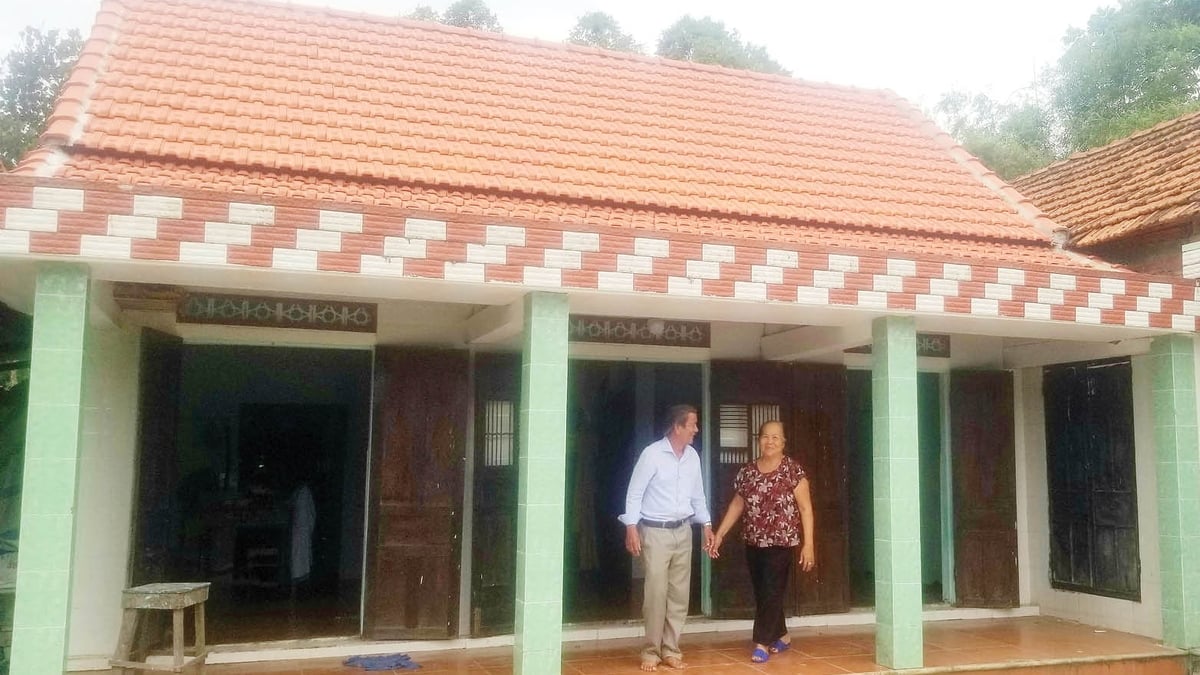


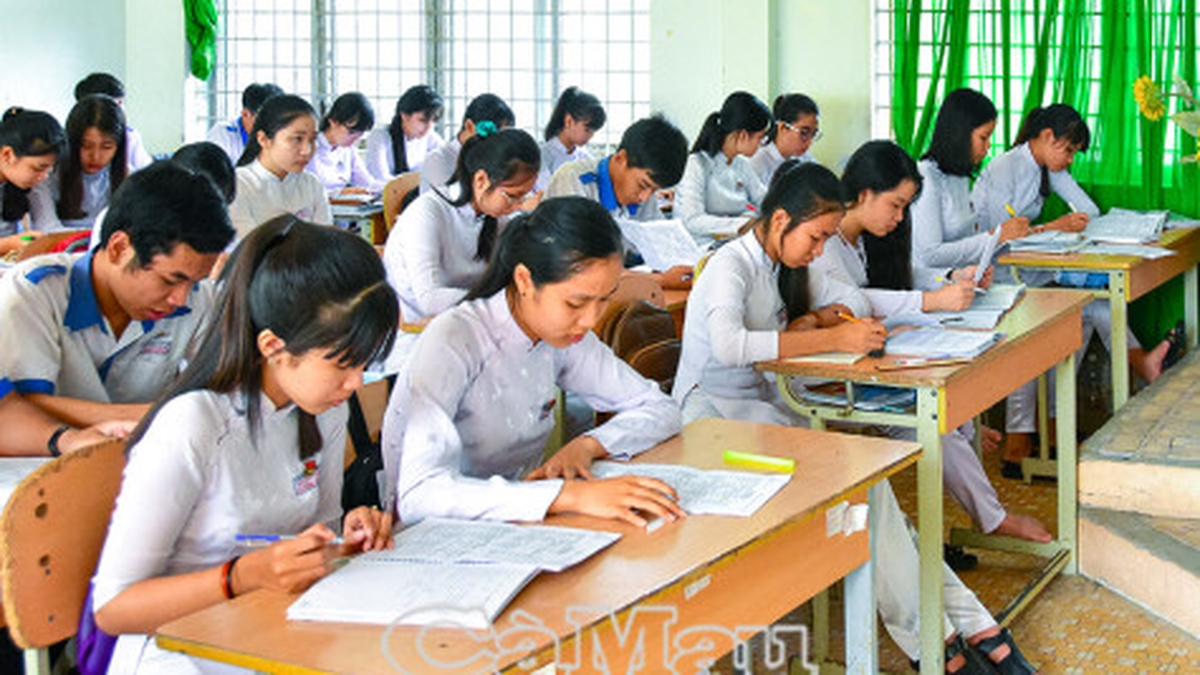























































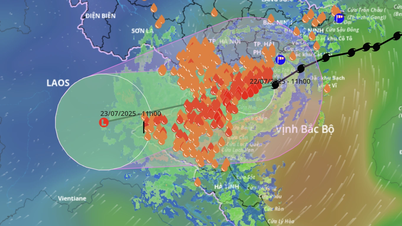





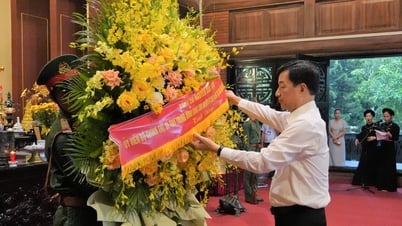




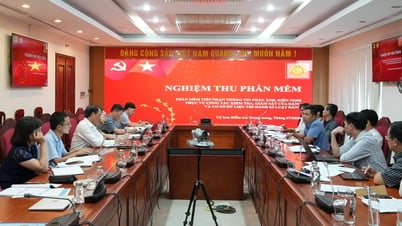


























Comment (0)